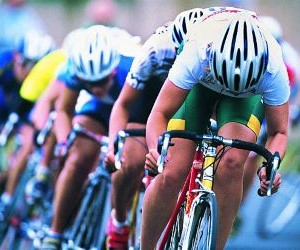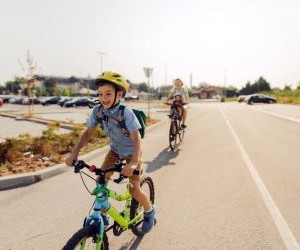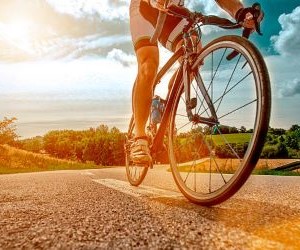Discover the powerful benefits of cycling every day—from better health and mental clarity to eco-savings and long-term fitness—one pedal stroke at a time.
HOW DO I BUILD CONFIDENCE FOR GROUP RIDES?
Group rides require both physical ability and mental confidence. Developing skills, understanding etiquette, and practicing strategies ensures safety, improves performance, and enhances enjoyment during social rides.

Understanding group ride dynamics
Group rides involve multiple cyclists sharing the road, requiring awareness, communication, and pacing strategy. Understanding the dynamics of drafting, positioning, and group etiquette is the first step to building confidence.
Drafting and pacing
Riders save energy by drafting behind others. Maintaining consistent speed and smooth transitions requires trust in your abilities and awareness of surrounding cyclists. Confidence grows as you become familiar with pacing variations within the group.
Stay a consistent distance behind the rider in front
Maintain steady cadence to support group rhythm
Communicate changes in pace or obstacles
Group etiquette
Following established group riding etiquette reduces risk and improves confidence. Knowing when to signal, pass, and position yourself keeps the ride safe and enjoyable.
Signal turns, stops, and hazards clearly
Avoid sudden braking or erratic movements
Respect personal space and maintain a predictable line
Developing technical skills
Confidence in group rides is built on solid bike handling skills. Practicing braking, cornering, and riding close to others allows you to respond safely to sudden changes in speed or direction.
Cornering and handling
Smooth cornering and maintaining control at higher speeds are essential for group rides. Focus on body position, line selection, and braking techniques to navigate safely.
Lean your bike, not your body, through turns
Brake before entering corners, not mid-turn
Practice cornering at various speeds
Close-quarters riding
Riding near other cyclists requires trust and focus. Gradually reduce following distance in safe environments to develop comfort and spatial awareness.
Start with small groups before larger pelotons
Keep smooth and predictable pedaling rhythm
Maintain visual awareness of riders around you
Physical preparation and endurance
Building fitness ensures you can keep pace with the group, reducing anxiety and improving confidence. Structured training develops aerobic capacity, leg strength, and sustained endurance.
Endurance training
Long rides at moderate intensity build stamina and allow cyclists to handle sustained group pace without fatigue.
Include weekly long rides to simulate group distances
Gradually increase distance and elevation for adaptation
Incorporate tempo rides to sustain higher speeds comfortably
Strength and interval work
Intervals and strength work improve power output for sprints, climbs, and acceleration in the group. This physical capability reinforces mental confidence when responding to dynamic situations.
High-intensity intervals to boost climbing and sprinting power
Leg and core exercises for stability and endurance
Short, repeated efforts to simulate surges in group rides
YOU MAY ALSO BE INTERESTED








